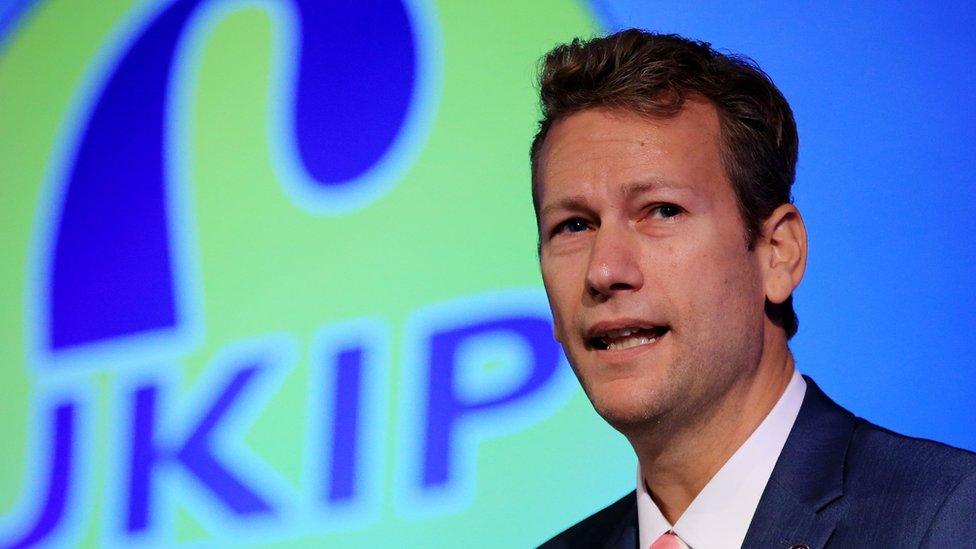New UKIP leader a very substantial figure, says Hamilton
- Published
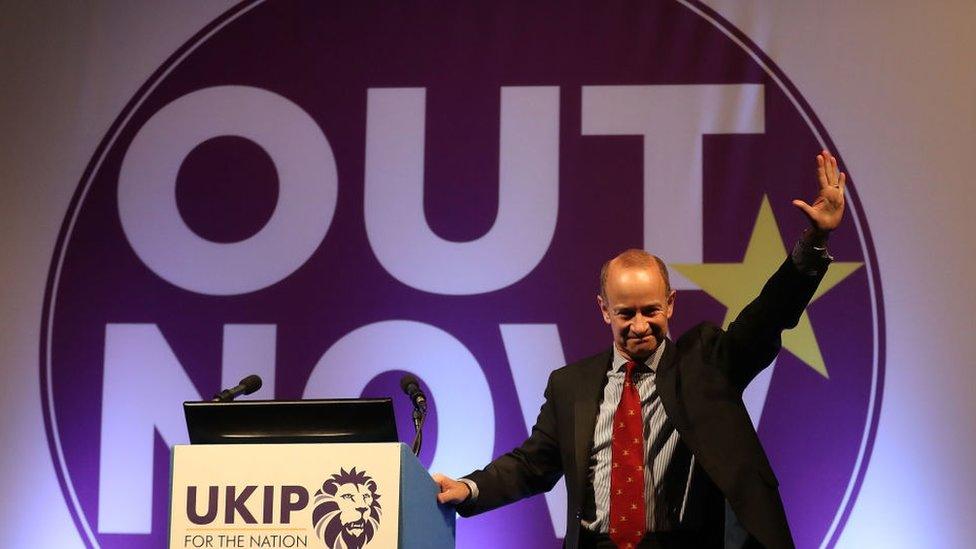
The new leader of UKIP is a "very substantial figure", the assembly's group leader Neil Hamilton has said.
Henry Bolton came first in a field of seven to be its fourth leader in just over a year.
Mr Hamilton said the right choice had been made and that the party had a bright future.
UKIP AM Gareth Bennett told BBC Radio Wales that he had not heard of Mr Bolton before the contest.
The 54-year-old former soldier, who served with Thames Valley Police and has worked for the UN, fought off better known candidates.
They included anti-Islam campaigner Anne Marie Waters who had prompted some in the party to threaten to resign - although Mr Hamilton said she had been "demonised".
John Rees-Evans, who grew up in Wales, came fourth with 2,021 votes.
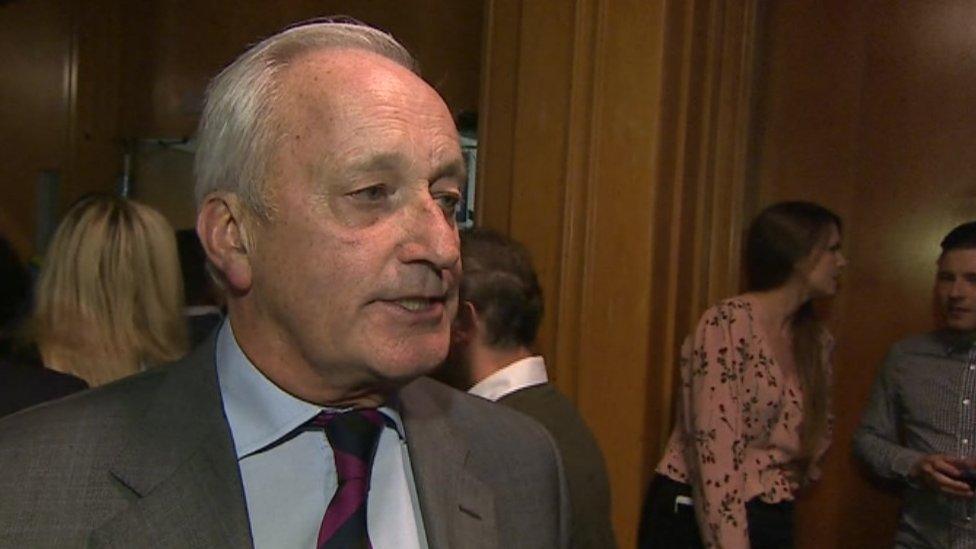
Neil Hamilton said the Welsh UKIP party organisation was the "big lacuna"
Neil Hamilton, who voted for Mr Bolton, said: "I'm absolutely delighted.
"We've had some anxious moments in the last few weeks. I think that the right choice has been made. He's a very substantial figure.
"Henry is a different calibre of candidate all together. We've had a difficult year. Now we're going to go forward, and UKIP has got a bright future."
Mr Hamilton added that the party needed to be rebuilt in Wales. "The party organisation is the big lacuna in Wales," he said.
Earlier he told BBC Radio Wales that Wales has a separate identity within UKIP.
"I think that will grow as a natural consequence of the devolution settlement," he added.
Mr Bennett, UKIP AM for South Wales Central, said: "I think all of the candidates had their own particular strengths. Henry certainly does have a set of strengths.
"He's got a big CV in terms of his background in international security and defence issues.
"He will certainly have a lack of profile. I must admit when this contest began I hadn't heard of Henry Bolton. I think most people in the party hadn't heard of Henry Bolton."
But he said there would be no preconceptions among the electorate "because nobody will have a clue who he is".
- Published15 August 2017
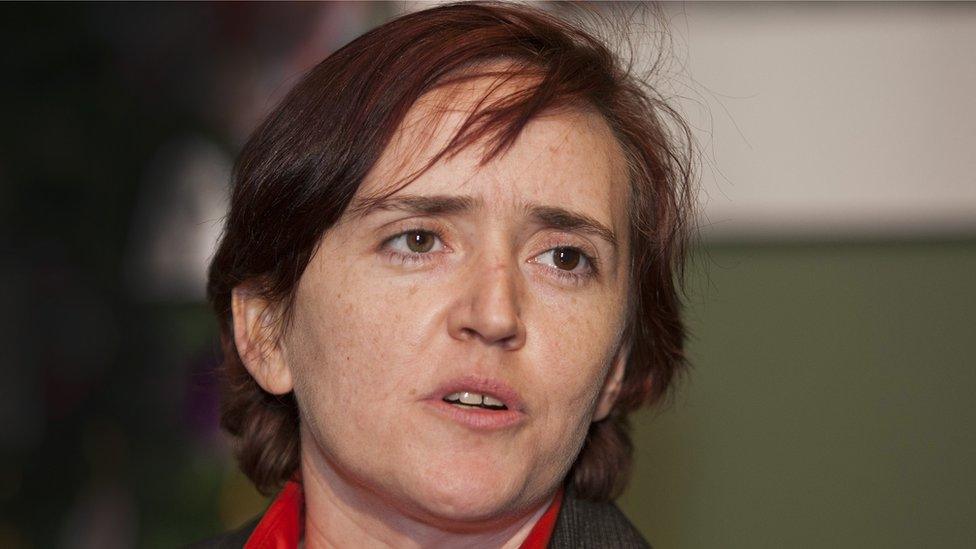
- Published28 September 2017
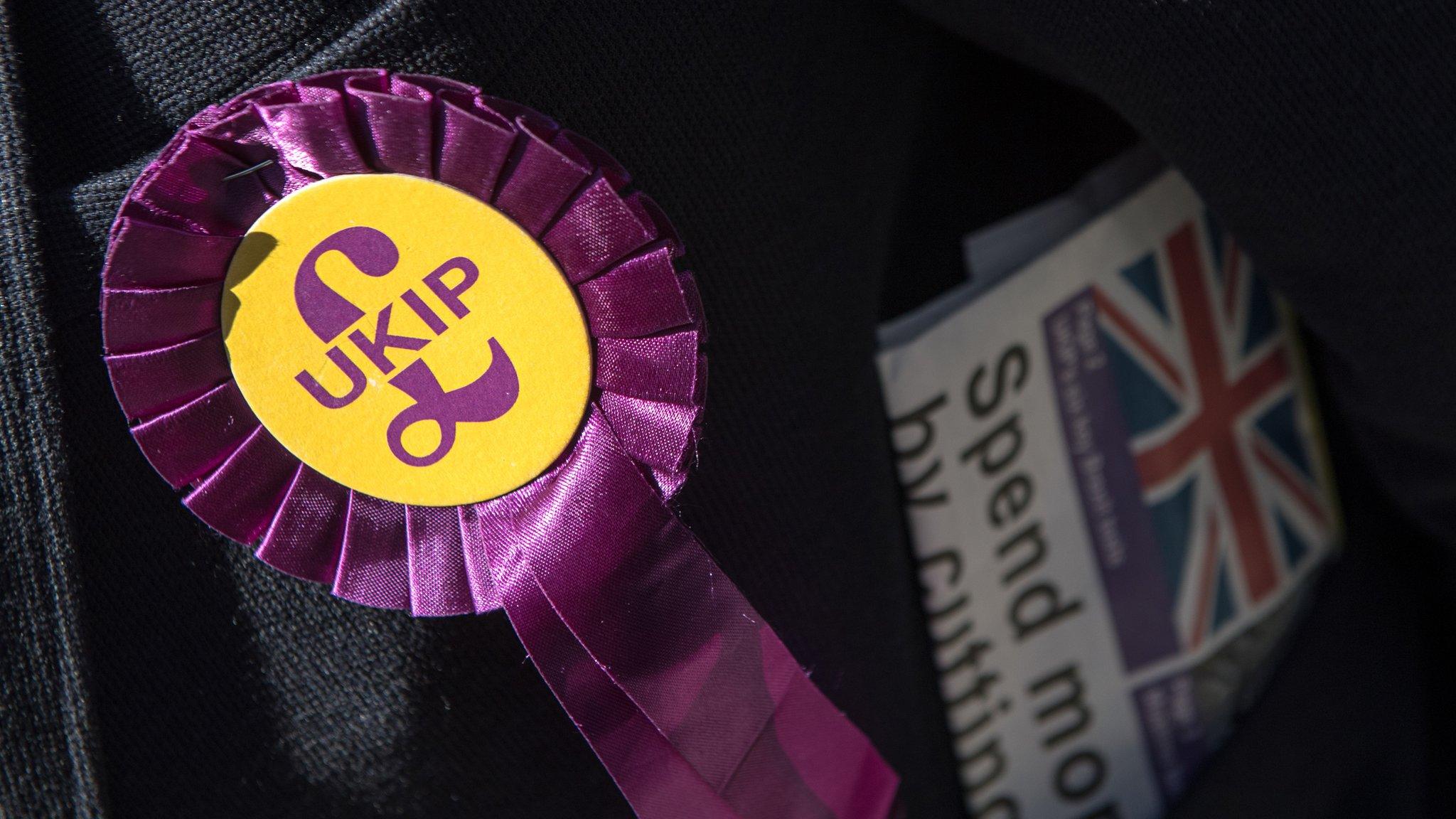
- Published24 October 2017
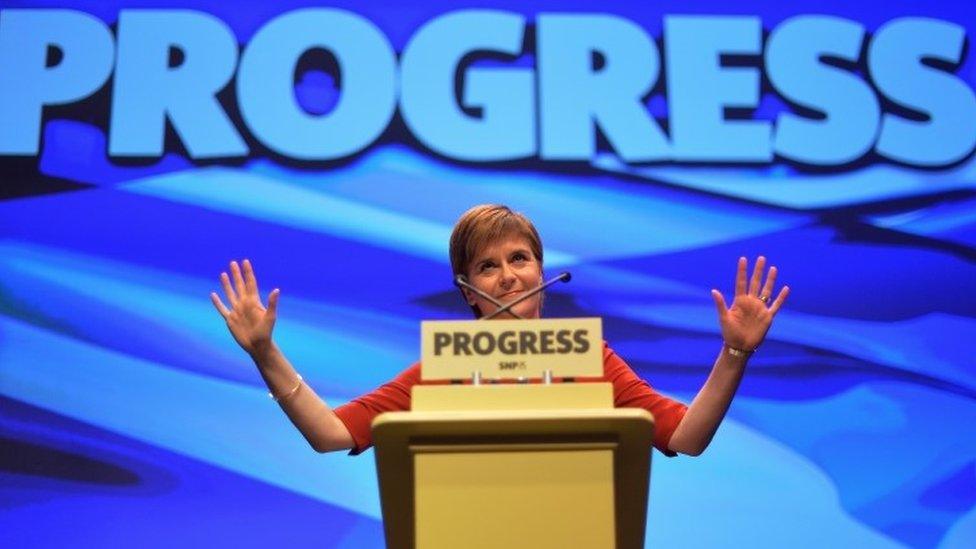
- Published13 August 2017
